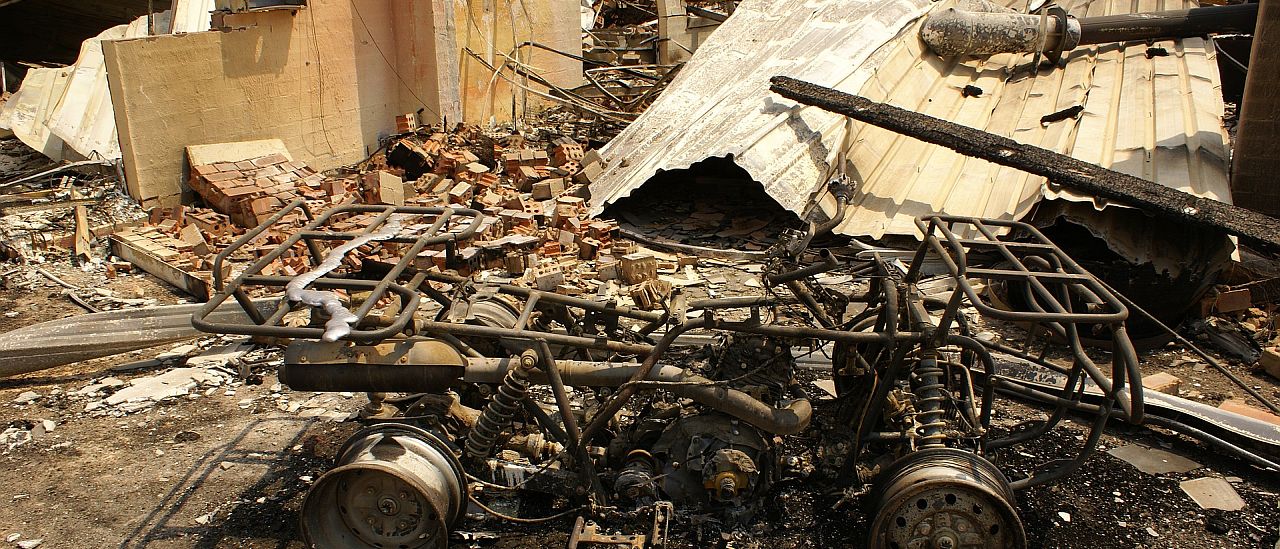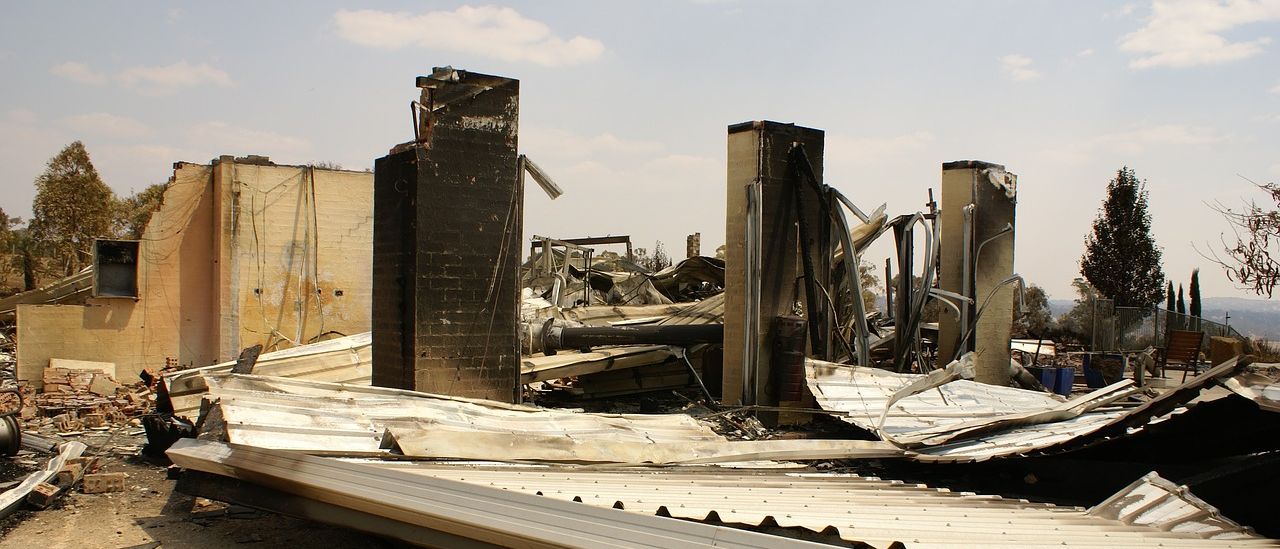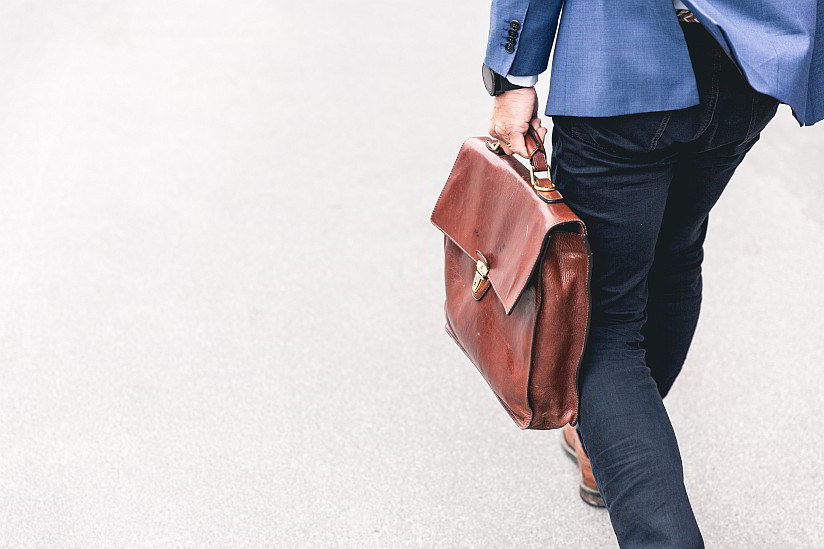Who is liable if they are damaged?
Following the devastating fires in the ACT and south east NSW, we have received an enquiry from someone helping family and friends. They have asked the following:
“I am storing furniture and items for a friend in my shed and they are paying me $50.00 a week. What happens if my house and shed are destroyed by fire? Who is liable for the costs of their goods? They are not insured by me or by the friend.”
This is a really good question and involves the law of bailment.
What is a bailment?
A bailment occurs when someone gives possession of their property to another for a specific purpose. The person who takes possession of the property is called a ‘bailee’. The person who gives the property is called the ‘bailor’.
This is a really common occurrence in everyday life. For example, when a person drops off their car to a mechanic to get it serviced, this is a bailment. The owner is the bailor and the mechanic is the bailee. Another example is dry cleaning of clothes. The owner of the clothes is the bailor and the dry cleaner is the bailee.
So in the case of a person storing goods for another, the owner of the goods is the bailor and the person storing them is the bailee.
A frequent example is taking possession of another person’s good to store them, as is often the case in family and friend relationships.
What duty does a bailee have?
The bailee has a duty to keep the goods safe. They owe a duty to take reasonable care of the bailor’s goods or property to ensure they are not damaged. It does not matter whether the bailee is receiving payment to store the goods or not, they still have a duty to keep the goods safe.
Who is liable if the goods are damaged?
The law states that a bailee will be liable for the cost of the losses, unless they can show the damage did not occur because of any negligent act or failure to act reasonably. For example, if the bailee stored lounges are outside and they suffered rain damage, the bailee would clearly be liable for the cost of the damage.
Usually at law, if you allege that someone else has caused you damage, you must show that they have caused the damage. However, in a bailment, the law reverses the onus of proof. This is a very important distinction.
Would the bailee in the fire zone be liable for damage to goods in a fire?
Probably not (as with many legal answers, this will likely depend on the particular situation). If the person in the fire zone was storing the items in a shed and had undertaken a reasonable clearing of the surrounding are, then it is unlikely they would be responsible for the damage. Fire is an act of nature and unless they are liable for causing the fire, it is unlikely the law would make them liable for the damage to the goods.
However, if the goods were stored outside and there was storage space elsewhere (in a shed for example) and the goods were damaged, it is likely that would not be able to show that they were not at fault.
Tips
Here are several tips to those who want to help family and friends with storage:
- When taking goods, expressly tell the bailor that it is their responsibility to obtain insurance. Better yet, put this in any written agreement you have to take possession of the goods.
- Take out insurance and factor this into the cost of any charge to the bailor you require.
- Care for the goods as if they are your own.
- If there is an impending risk of damage to the goods, tell the bailor and offer them the opportunity to collect the goods. There is a proposition at law that says that a person must mitigate (minimise) their losses. The law will not aid someone who has ‘sat on their hands’ and not taken reasonable steps to prevent the damage. In the bushfire example, if the bailee told the bailor of the fire risk and offered for them to collect the goods, if the bailor fails to do so, they may have not mitigated their losses.
For more information or to make an appointment in either our Canberra or Queanbeyan office please do not hesitate to contact Matthew Bridger or Thomas Maling:
Further reading

elringtons lawyers regularly provide legal advice in relation to a range of commercial matters. Please contact our Litigation and Dispute ResolutionTeam for more information or to make an appointment call (02) 6206 1300










